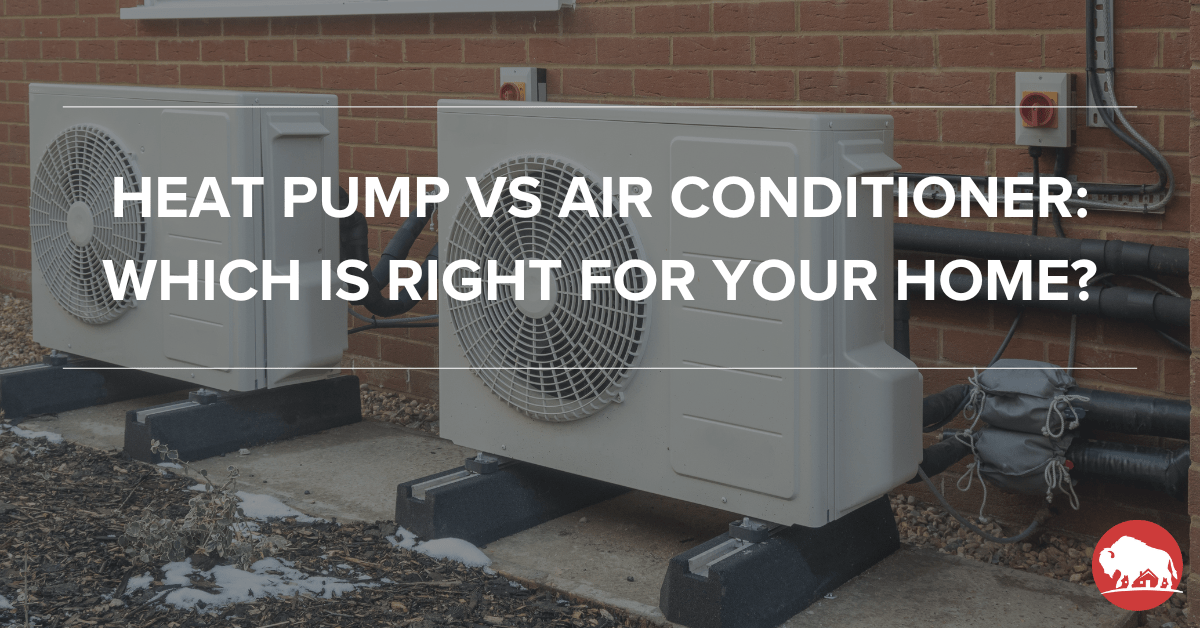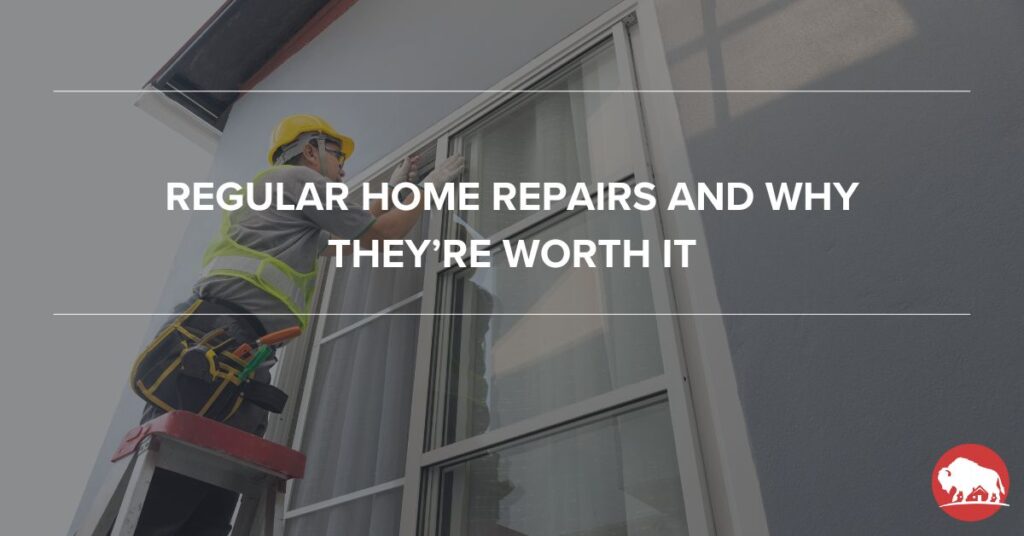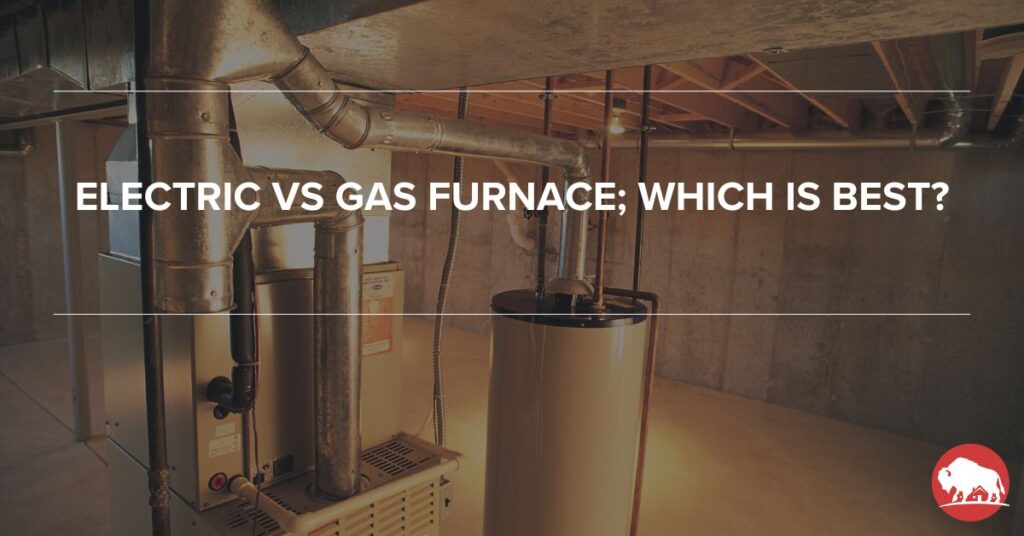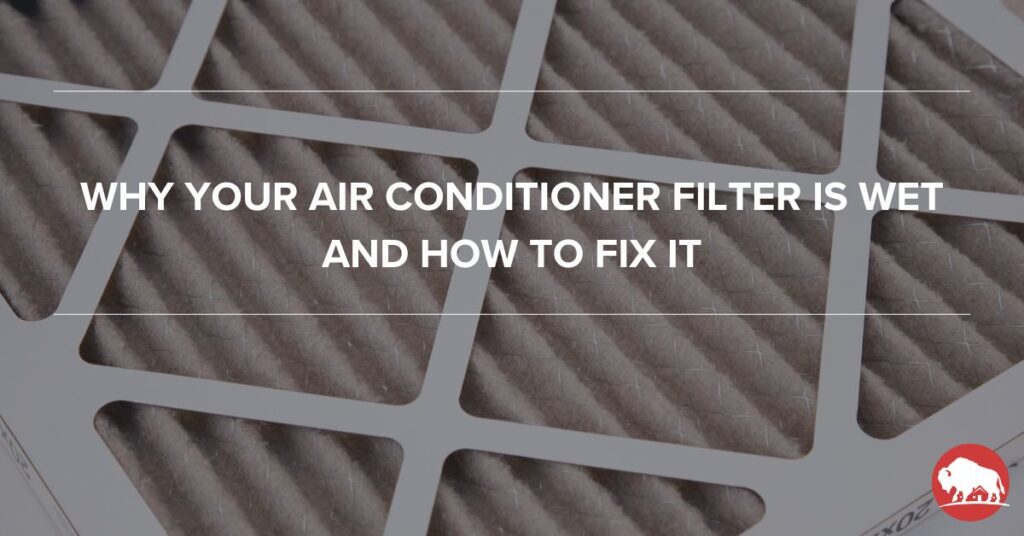Choosing the right HVAC system for your home is a crucial decision that affects your comfort and energy bills. Did you know that heating and cooling account for nearly 50% of the energy use in a typical U.S. home? With such a significant portion of your energy consumption dedicated to maintaining a comfortable indoor climate, understanding the differences between heat pumps and air conditioners is essential. Both systems have their own unique benefits and drawbacks, and the choice you make can have a big impact on your home’s efficiency and your wallet. In this article, we’ll break down the key differences, pros, and cons of heat pumps and air conditioners to help you decide which system is the best fit for your home.
What is a Heat Pump?
A heat pump is a versatile piece of equipment that can both cool and heat your home. It’s like a two-in-one system. In the summer, it works like an air conditioner, removing heat from your home. In the winter, it does the opposite, pulling heat from outside and bringing it indoors.
How Does a Heat Pump Work?
Heat pumps use a reversing valve to switch between cooling and heating modes. In winter, even when it’s chilly outside, a heat pump can extract heat from the air and bring it inside. If temperatures drop too low, most heat pumps have an auxiliary heat source to help out.
Pros and Cons of a Heat Pump
Pros:
- Energy-efficient since it moves heat rather than generating it.
- Provides both heating and cooling in one system.
- Environmentally friendly as it doesn’t burn fossil fuels.
Cons:
- Less efficient in extremely cold climates.
- Higher upfront cost.
- Requires electricity to operate.
What is an Air Conditioner?
An air conditioner is specifically designed to cool your home by removing heat from the inside and expelling it outside. It doesn’t have the capability to heat your home, so you’ll need a separate heating system like a furnace.
How Does an Air Conditioner Cool?
Air conditioners use a refrigerant to absorb heat from the indoor air. This heat is then released outside, and the cooled air is circulated back into your home. It’s a continuous cycle that keeps your home cool even on the hottest days.
Pros and Cons of an Air Conditioner
Pros:
- Effective at quickly cooling large spaces.
- Can improve indoor air quality by filtering out allergens.
- Generally has a lower upfront cost compared to heat pumps.
Cons:
- Only cools, requiring a separate heating system.
- Can be expensive to operate due to high electricity use.
- Typically less energy-efficient than heat pumps in moderate climates.
- Can result in Air Conditioning Sickness
Key Differences Between Heat Pumps and Air Conditioners
When it comes to cooling, both systems perform similarly. However, the main difference lies in their heating capabilities. Heat pumps can both heat and cool your home, whereas air conditioners are only designed for cooling. Here are some other key differences to consider:
Cost: Buying and Installing
Heat pumps tend to have a higher upfront cost, typically ranging from $4,000 to $7,000, while air conditioners usually cost between $3,000 and $7,000. Installation costs can vary based on your home’s needs and the complexity of the installation.
Efficiency: Cost to Operate Differences
Heat pumps are generally more energy-efficient because they move heat rather than generate it. However, in extremely cold temperatures, their efficiency can drop, and operating costs can rise. Air conditioners, on the other hand, can be costly to run due to high electricity usage, especially in hot climates.
Durability
Both systems have similar lifespans, typically around 15 to 20 years. However, heat pumps may wear out faster in regions with extreme weather because they run year-round.
How Easy Is It to DIY?
Installing a heat pump is complex and generally not recommended as a DIY project unless you have HVAC experience. Air conditioners can also be tricky to install, but some simpler models might be suitable for DIY installation with the right tools and knowledge. Get in touch with an HVAC professional to install your Heat Pump
Maintenance
Heat pumps need regular maintenance twice a year if used year-round, while air conditioners should be inspected and maintained at least once a year. Regular maintenance includes checking filters, coils, and ensuring there are no refrigerant leaks.
Appearance
Heat pumps and air conditioners look quite similar and are often hard to tell apart at first glance. The main distinguishing feature is the presence of a reversing valve in heat pumps.
Heat Pump vs. Air Conditioner: Which is Best for You?
Choosing the right system depends on your specific needs and climate. If you live in a moderate climate and want an efficient, all-in-one system for both heating and cooling, a heat pump could be the right choice. However, if you only need cooling and have an efficient heating system in place, an air conditioner might be more cost-effective.
Conclusion
Deciding between a heat pump and an air conditioner can be a challenging task, but understanding their key differences can make the choice clearer. Heat pumps are versatile, providing both heating and cooling, and are highly energy-efficient, making them an excellent option for moderate climates. They offer eco-friendly heating solutions but may struggle in extremely cold temperatures and have a higher upfront cost. On the other hand, air conditioners are specifically designed for cooling and typically require a separate heating system like a furnace. They tend to have a longer lifespan and lower initial cost but can be more expensive to operate.
Ultimately, the best choice depends on your specific needs, climate, and budget. If you live in a region with mild winters and want an energy-efficient, all-in-one system, a heat pump might be the right choice. However, if you need a reliable cooling system and already have an efficient heating setup, an air conditioner could be the better option. By weighing the pros and cons of each system, you can make an informed decision that ensures year-round comfort and efficiency for your home.






